All Formats & Editions
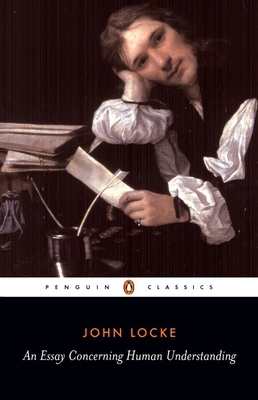
An Essay Concerning Human Understanding
In An Essay Concerning Human Understanding, first published in 1690, John Locke (1632 1704) provides a complete account of how we acquire everyday, mathematical, natural scientific, religious and ethical knowledge. Rejecting the theory that some knowledge is innate in us, Locke...
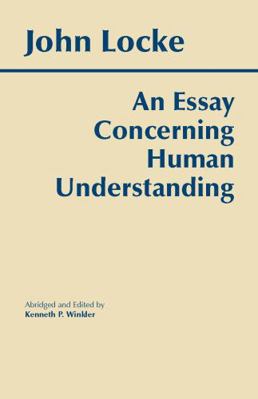
An Essay Concerning Human Understanding

An Essay Concerning Human Understanding
In An Essay Concerning Human Understanding, first published in 1690, John Locke (1632-1704) provides a complete account of how we acquire everyday, mathematical, natural scientific, religious and ethical knowledge. Rejecting the theory that some knowledge is innate in...

An Essay Concerning Human Understanding (Oxford...
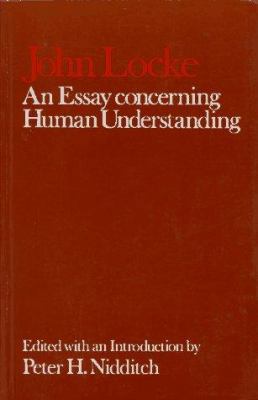
An Essay Concerning Human Understanding
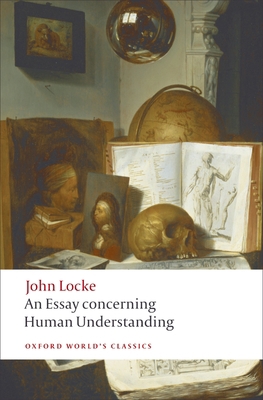
An Essay Concerning Human Understanding
John Locke's classic work An Essay Concerning Human Understanding laid the foundation of British empiricism and remains of enduring interest today. Rejecting doctrines of innate principles and ideas, Locke shows how all our ideas, even the most abstract and complex, are grounded...

An Essay Concerning Human Understanding: Comple...

John Locke: Complete Essay on Human Understanding
The original manuscript "An Essay Concerning Human Understanding" was initially published in four (4) books. This edition has simply combined all said books into one work for convenience. An Essay Concerning Human Understanding is a work by John Locke concerning the foundation...
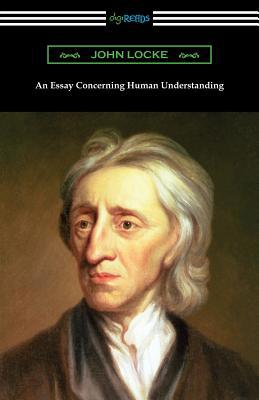
An Essay Concerning Human Understanding
First published in 1689, "An Essay Concerning Human Understanding" is British philosopher John Locke's important and influential exposition on the foundation of human knowledge and understanding. Arranged into four books, the first book begins by rejecting the notion of innate...
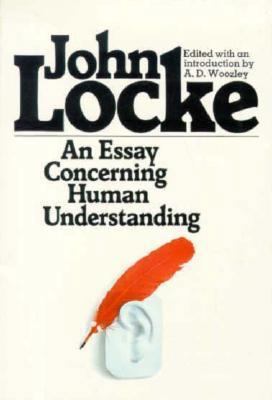
An Essay Concerning Human Understanding
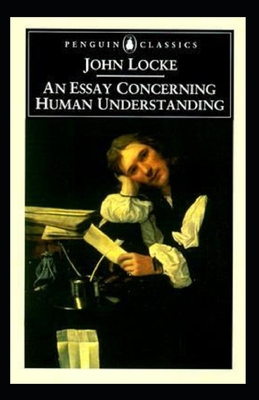
An Essay Concerning Human Understanding:Origina...
An Essay Concerning Human Understanding is a work by John Locke concerning the foundation of human knowledge and understanding. It first appeared in 1689 with the printed title An Essay Concerning Humane Understanding. He describes the mind at birth as a blank slate filled later...
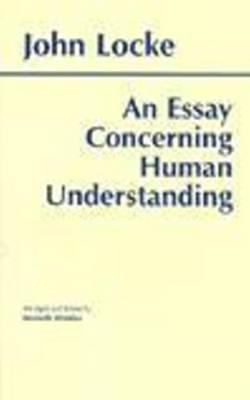
An Essay Concerning Human Understanding
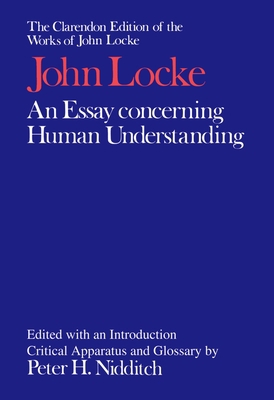
An Essay Concerning Human Understanding

An Essay Concerning Human Understanding By John...
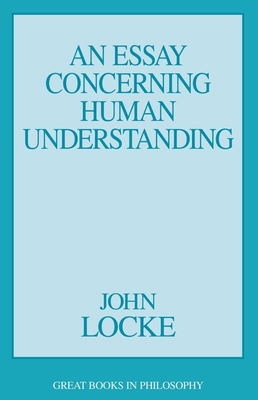
An Essay Concerning Human Understanding
![Ensayo Sobre El Entendimiento Humano [Spanish] 9681660420 Book Cover](https://i.thriftbooks.com/api/imagehandler/l/FA9A65076690D89543F21A355C3B971285AC5304.jpeg)
Ensayo Sobre El Entendimiento Humano [Spanish]
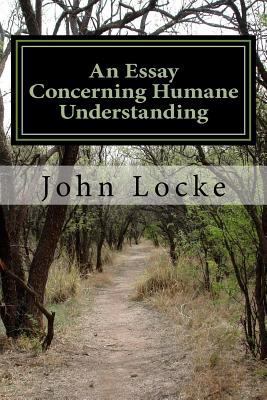
An Essay Concerning Humane Understanding

An Essay Concerning Humane Understanding: Both ...
An Essay Concerning Human Understanding is a work by John Locke concerning the foundation of human knowledge and understanding. It first appeared in 1689 (although dated 1690) with the printed title An Essay Concerning Humane Understanding. He describes the mind at birth as a...

An Essay Concerning Human Understanding (Everym...
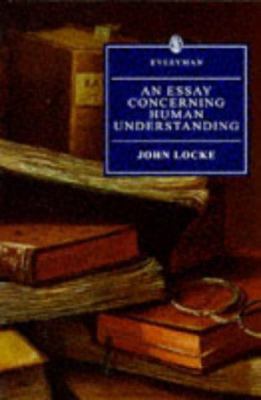
Essay Concerning Human Understanding
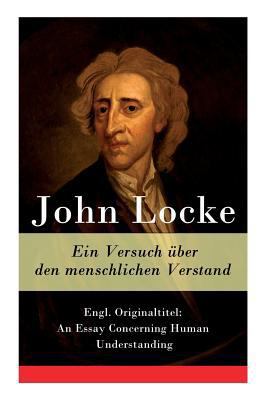
Ein Versuch über den menschlichen Verstand: Eng...
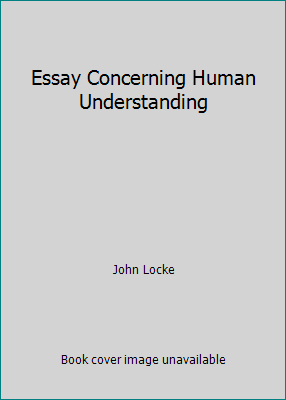
Essay Concerning Human Understanding

An Essay Concerning Human Understanding
An Essay Concerning Human Understanding is an epistemological work by John Locke on the foundations of human knowledge and understanding. It was first published in 1689. Within it he outlines the notion of the blank slate at birth (tabula rasa), which is then filled in by experience...
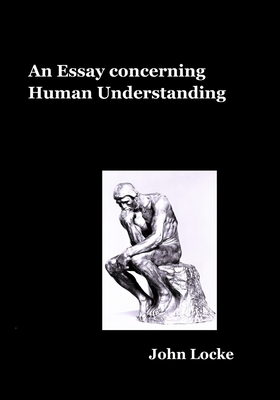
An Essay concerning Human Understanding
The main thesis is that there are "No Innate Principles," by reasoning that "if we will attentively consider new born children, we shall have little reason to think that they bring many ideas into the world with them," and that, "by degrees afterward, ideas come into their minds."...
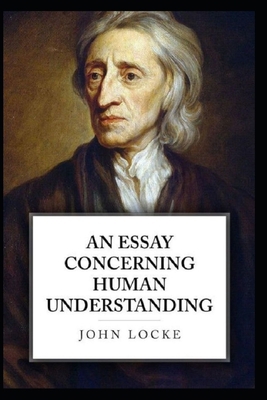
An Essay Concerning Human Understanding Illustr...
An Essay Concerning Human Understanding is a work by John Locke concerning the foundation of human knowledge and understanding. It first appeared in 1689 (although dated 1690) with the printed title An Essay Concerning Humane Understanding.



